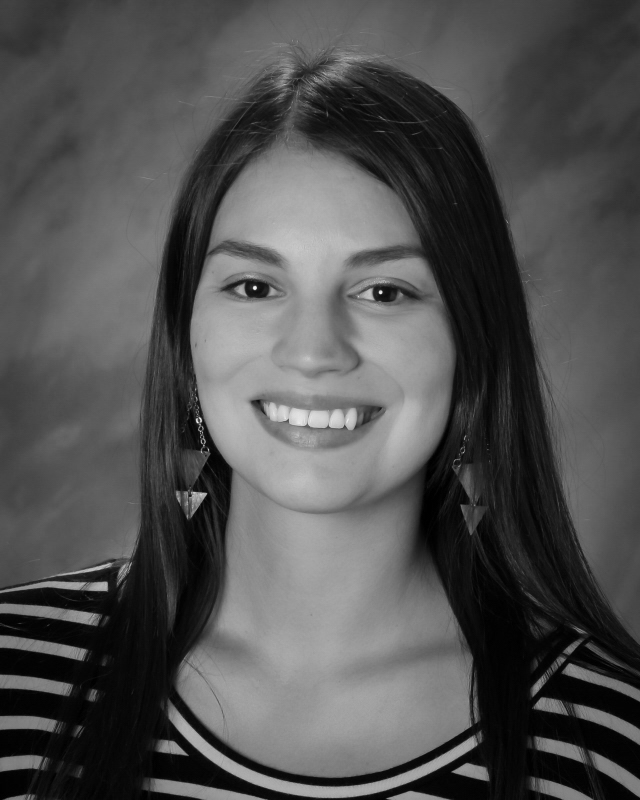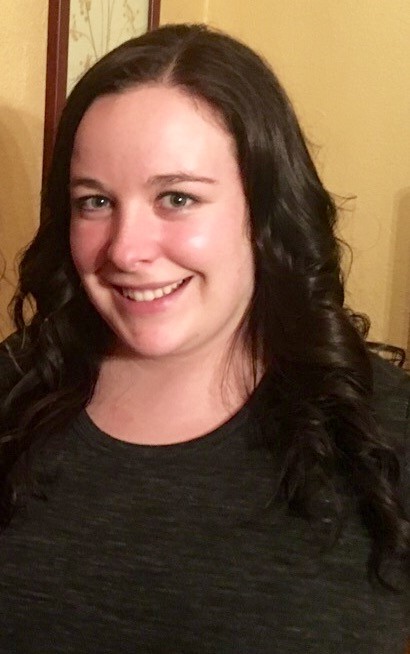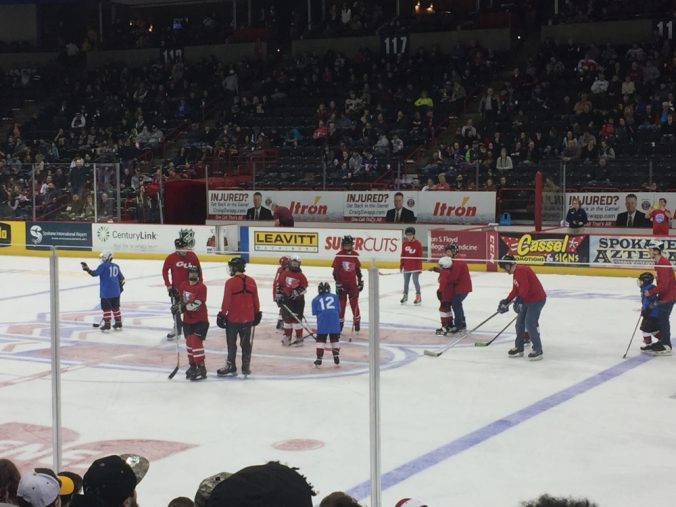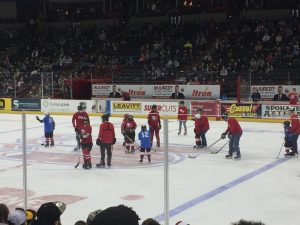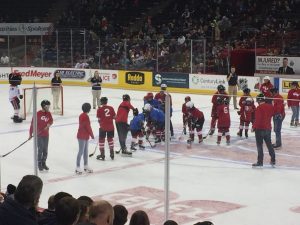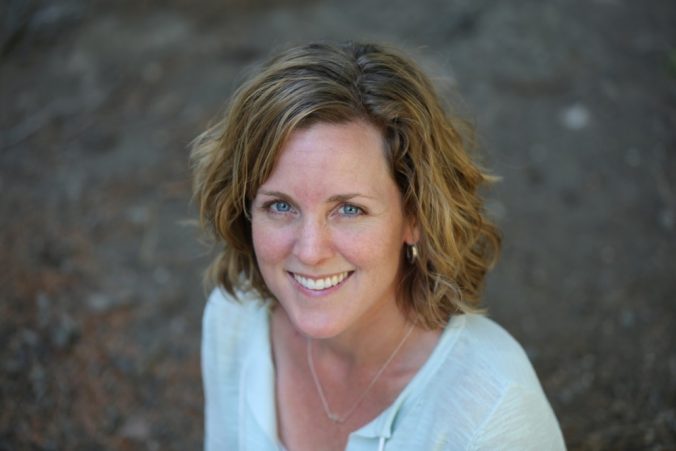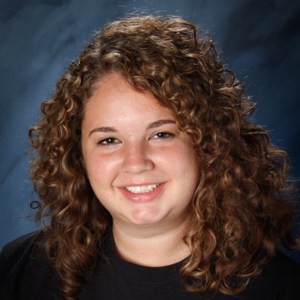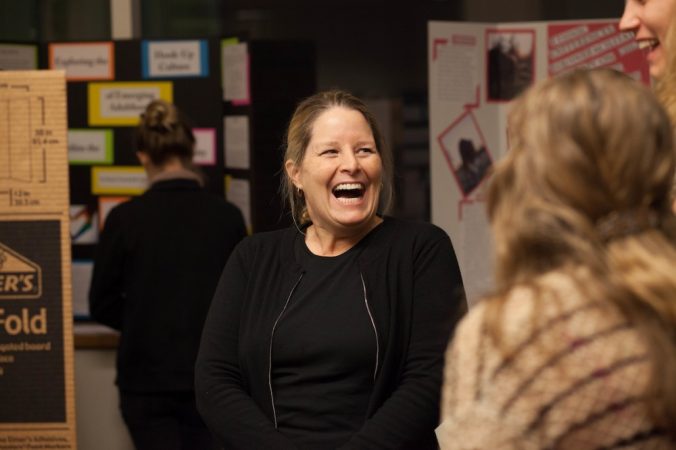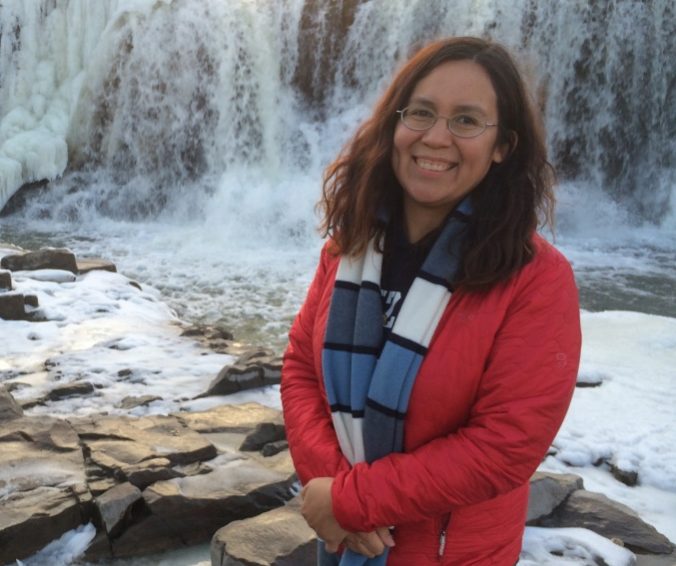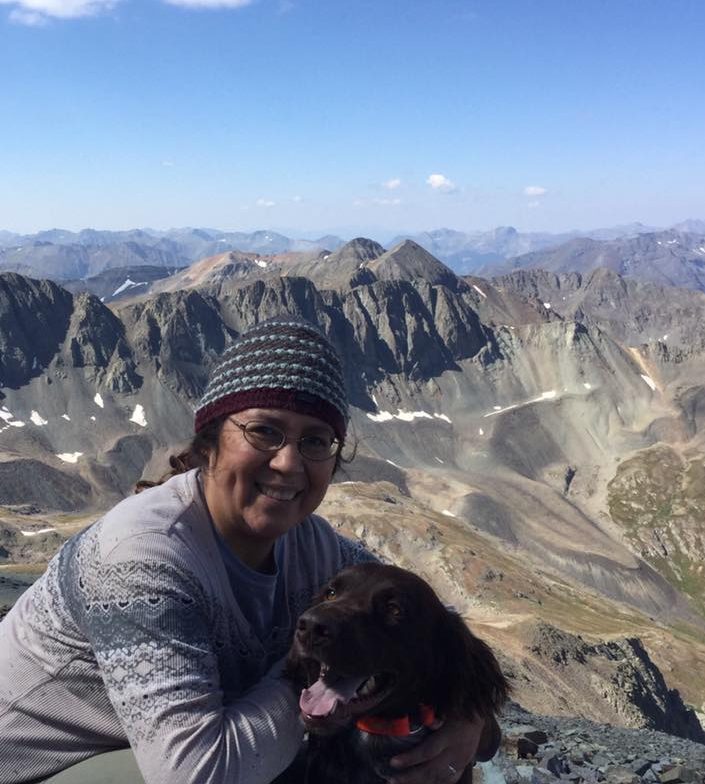What is your name, which degree did you earn, & what year did you graduate?
Ashley Peak, Master of Initial Teaching, 2013
What is your current occupation or role?
7th/8th Grade English Teacher at Spokane International Academy. SIA is a public charter school that is an International Baccalaureate candidate school. I’m passionate about SIA and the IB’s mission of developing globally competent leaders who can transform our communities.
Prior to teaching at SIA, I taught in South America at a Private Bilingual K-12 school for 2 years and at Glover, a Title I middle school, for 2 years.
Why did you choose a program in the School of Education at Gonzaga?
I chose Gonzaga because of its stellar reputation in the community and high placement rate for teachers. I also liked the flexibility to complete the program in 2 years so I could work too; I was a Graduate Assistant to Professors in the Education Dept. and helped manage the Writing Center during my time there. Its focus on service learning and social justice also appealed to the activist in me.
What, or who, influenced you the most at Gonzaga?
The opportunity to visit Charles Lwanga College of Education in Monze, Zambia impacted me deeply. We attended Graduation; I’ll never forget a father shouting, “That’s my boy!” as his son’s name was called. Then there was a small trip with Beatrice, a teacher educator. In the car, she repeated to me, “Life can be hard mama. life can be painful.” She told me her life story during that car ride. Beatrice’s husband unexpectedly died at 32, living her with three children. She told me how after he died, she earned a college degree and became a teacher and how her oldest son lives in Lusaka and is studying to be a doctor. And lastly, the night I was with fellow Master’s degree students in a class; we were playing “Philosophical Chairs” with different pedagogy ideas. They were so passionate about their beliefs and the topics that they just kept on discussing after the power went out. These little moments reinforced the transformative power of education and reassure me that I was on the path I belonged on and there was nothing else I’d rather be doing.
Student teaching was also impactful; my mentor teacher went through the tragedy of losing a child at that time and was on leave for several weeks. I remember at first feeling panicked that I wasn’t ready, but it was sink or swim. Thankfully I swam with the support of Gonzaga Faculty. I’ll never forget the day after my mentor teacher found out and having to talk to his classes about what happened, how we could support him, and that I was going to do my absolute best to be their teacher for the next few months. That authenticity and vulnerability went a long way in developing relationships with my first students…I’ll never forget that.
What was your greatest lesson learned at Gonzaga?
I left Gonzaga with a strong and clear teaching philosophy. Through the coursework, I felt confident in what I believed in as far as assessment (thanks to Suzann Girtz), theory (thanks to Jonas Cox), classroom management (thanks to Doreen Keller) and unit and lesson design (thanks to Erik Powell). It’s these beliefs that still guide my decision-making as a teacher today.
What is the most rewarding aspect of working in your field? Most challenging?
I became a teacher because I believe it makes a difference. I feel so lucky to do something – that yes, is hard and exhausting – but more importantly that feeds my soul so deeply. Every day I get to teach that with hard work, creativity, collaboration, and more hard work, we can solve problems. That asking the right questions matters a lot more than always being right. That the ability to read critically will make or break our future. That we must be learners for life. That we can create a place where everyone feels safe and accepted. That our actions have consequences. That empathy is what makes us human. That privilege = responsibility. And that you don’t give up. Ever. What could be more rewarding than seeing your students start putting what they learn into action? Students at SIA have fundraised and loaned out more than $6,000 on KIVA. Just last week, we signed the pledge to Spread the Word to End the Word. We are a Washington Green School with a Silver Certification (we have a school garden and composting and recycling program). My heart just swells with joy.
The most challenging aspect of being a teacher is coping with the emotional weight. There is always this lingering reminder that there is technically more you could be doing. There is the incredible frustration of seeing a student going through something heartbreaking that you feel powerless to stop (secondary traumatic stress is very real for teachers in high-trauma schools). I have definitely cried in my car because I felt like I had done everything I could to help a student and it still wasn’t enough. In addition, I’ve heard it estimated that teachers make about 1,500 decisions a day. Sometimes I make the right ones, and sometimes I make the wrong ones, and that constant worry and responsibility is heavy. As a middle school teacher, I’m also frequently surrounded by high-intensity emotion (oh, hormones). By the end of a school day, I am exhausted! Teachers have to learn to dig deep and keep going because kids are counting on them. It takes a lot of resilience and grit…and a very delicate work-life balance.
What critical issues do you see that need to be addressed in your field?
Teachers need more support and resources incorporating Social-Emotional Learning – including an increase in mental health professionals and creating inclusive and positive school culture. I’d like to see curriculum and assessments based on authentic engagement, not compliant engagement. I also think it’s critical that more students have access to bilingual and international-minded education in light of our world’s increasingly global interconnectedness. Teachers need to have more power in decision-making regarding policy, curriculum, and assessment.
What advice do you have for future education professionals?
Be reflective every day. Keep learning and stay current on Education research (the homepage on my school computer is Edutopia). Find a school that has a mission similar to your own; fit is everything. Have fun with your students; make ridiculous rap video parodies with them. Remember to laugh at the chaos that is sometimes teaching (especially Middle School). Keep every thank you note and letter in a folder and take it out when you feel discouraged. Try new things; be a risk-taker. Let your passion and personality out. Be firm and consistent. Foster supportive, collaborative and positive relationships with coworkers. Find your teacher idols (mine are Jennifer Gonzalez, Love, Teach, Eric Jensen, and Donalyn Miller) and look to them for ideas and inspiration. Do what you believe and know is best for your students – always. If you’re a secondary teacher, don’t forget your love of your subject; make time to read and write for the love of it my fellow English teachers.
